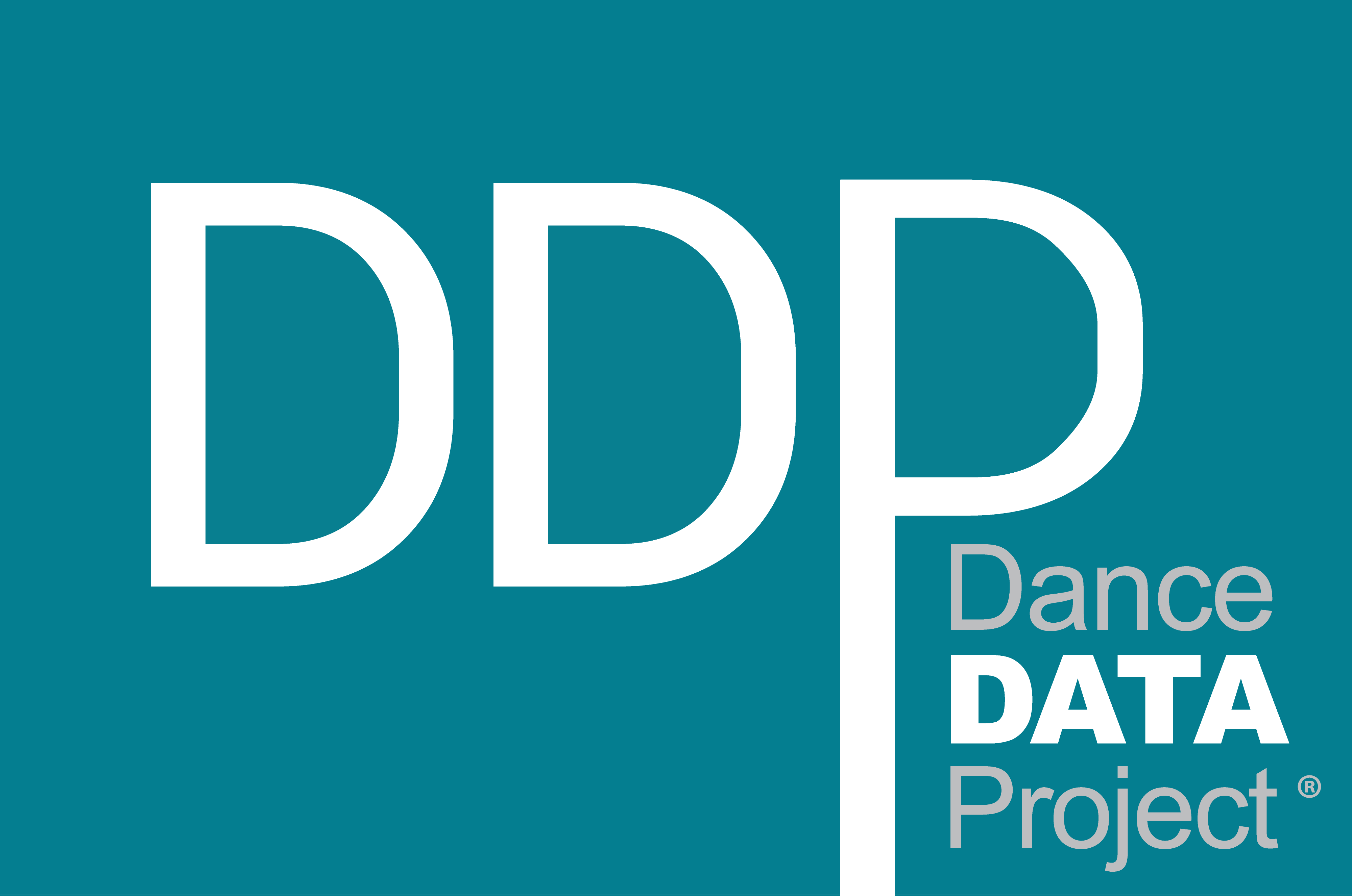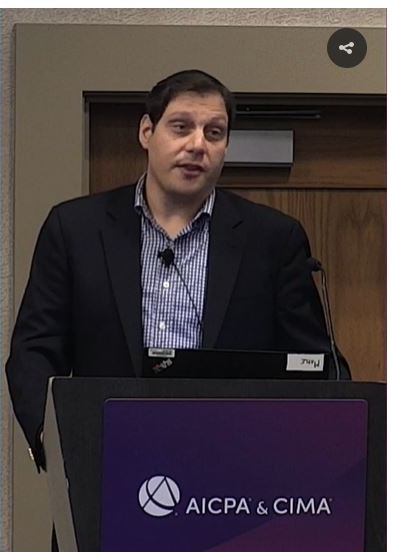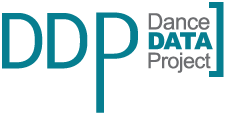DDP Talks To Israel Tannenbaum
Team Member Interview:
New Advisory Council Member
Could you give us a general overview of your background and your work as an advisor and tax consultant?
I have been working as a tax advisor for tax-exempt organizations for about 21 years, which has included everything from tax compliance – which is super important for these entities as they are public filings and part of their public face to the world – to serving as an adviser and assisting with a myriad of issues including structuring, international operations, and all the other issues these organizations encounter throughout their life cycle.
Much of your experience has been in providing consulting services to non-profit clients, including public charities, private foundations, membership associations, and arts and cultural organizations. From your experience, how does working with not-for-profit organizations differ from consulting for other sectors or industries?
Although not-for-profits don’t have the same goals of enriching their shareholders – but rather measure their success through charitable impact – they do face many of the same challenges as for-profit industries. These include attracting and retaining talent, compliance with federal and state rules and regulations, and competition for support from a finite pool of customer – in this case, donor – dollars. As such, there are many similarities in serving both FP and NFP organizations. Where I feel the key difference lies is that not-for-profits’ ultimate goal is to help others through their charitable work. Ultimately, through advising and working with these types of organizations, I get to help them help others, which is rewarding and has always been the best part of serving this sector!
With your years of experience, what feels like your most significant accomplishment; what are you most proud of in your career?
Although it always feels really rewarding when helping not-for-profit organizations, I take special pride in organizations that I have worked with since their inception or early days. The organizations that I have been able to advise and help grow and evolve to continue to make a positive impact on people’s lives!
What motivated you to collaborate with Dance Data Project® and become a resource for our work?
Initially, I was introduced to Liza and DDP through Lauren Cramer, a fellow Advisory Council member and an AMAZING attorney with whom I often collaborate. I was immediately intrigued by the organization’s fantastic leadership and mission. I’ve always loved the arts and – as a tax provider who often is on the submission end of the Form 990 – DDP’s use of this filed 990 information to spotlight issues of inequity, provide valuable insight, and highlight best practices within the industry is a great combination of “Spreadsheets” and Art. I’m privileged to be able to serve DDP on its Advisory Council.
DDP’s website includes numerous resources to help companies and individuals increase their financial literacy – what other resources are out there to help our readers?
You definitely took my answer because DDP is a great resource for this! I will say from a not-for-profit perspective, the IRS Exempt Organizations Division maintains a fantastic website that contains really comprehensive information. Their website explains the life cycle of different types of exempt organizations, talking in detail about their management and financial reporting, so that is definitely where I would start. I will also shamelessly plug the AICPA, where I sit on the Exempt Organizations Tax Resource Panel. They maintain a lot of really great information and tools, so that would be another wonderful resource.
As a new member of DDP’s Advisory Council, what are you most looking forward to in this role?
Being relatively new to the team, I am most excited to continue to meet and collaborate with the dynamic individuals at DDP to help advance its important mission!
Are there any other thoughts or ideas you’d like to share with DDP’s supporters?
The not-for-profit industry is generally “publicly supported,” and, therefore, the rules and regulations build in extreme levels of transparency since the public wants to know how its money was spent! DDPs work ensures that this information can be used to draw meaningful conclusions and ultimately bring areas of inequity into focus to help draw solutions. This is really important work and you should be proud to support such a meaningful organization!





 Victoria Morgan
Victoria Morgan